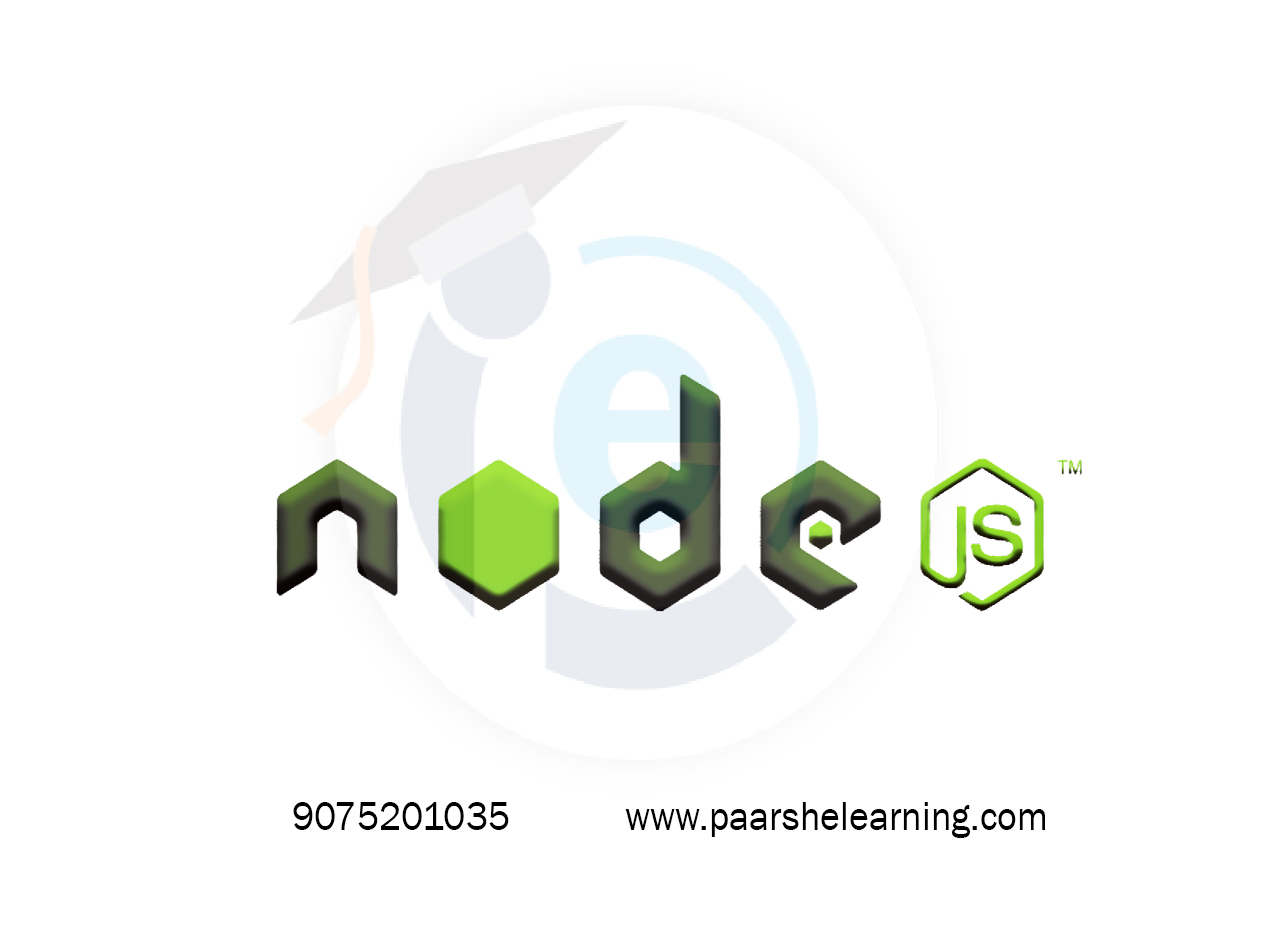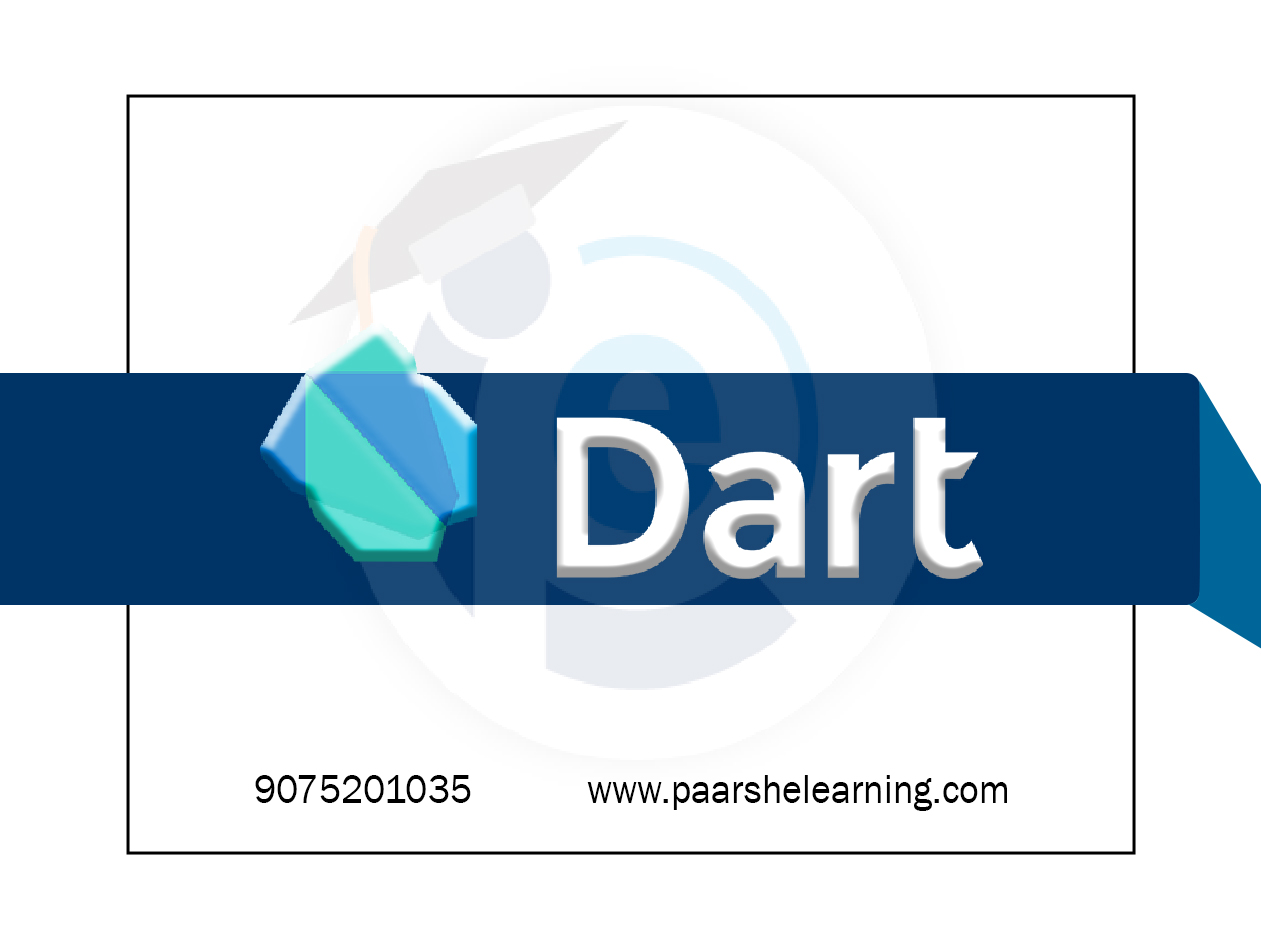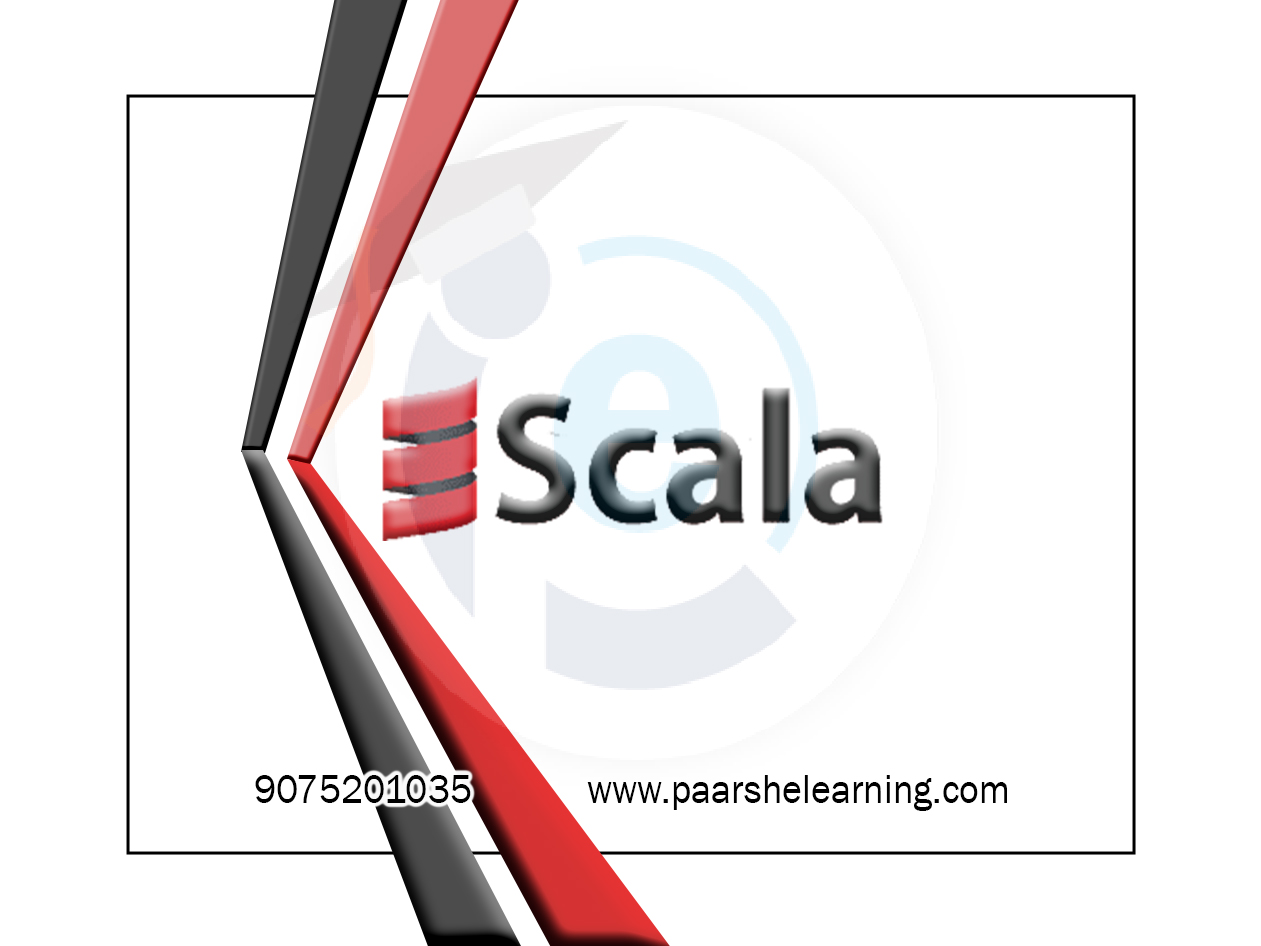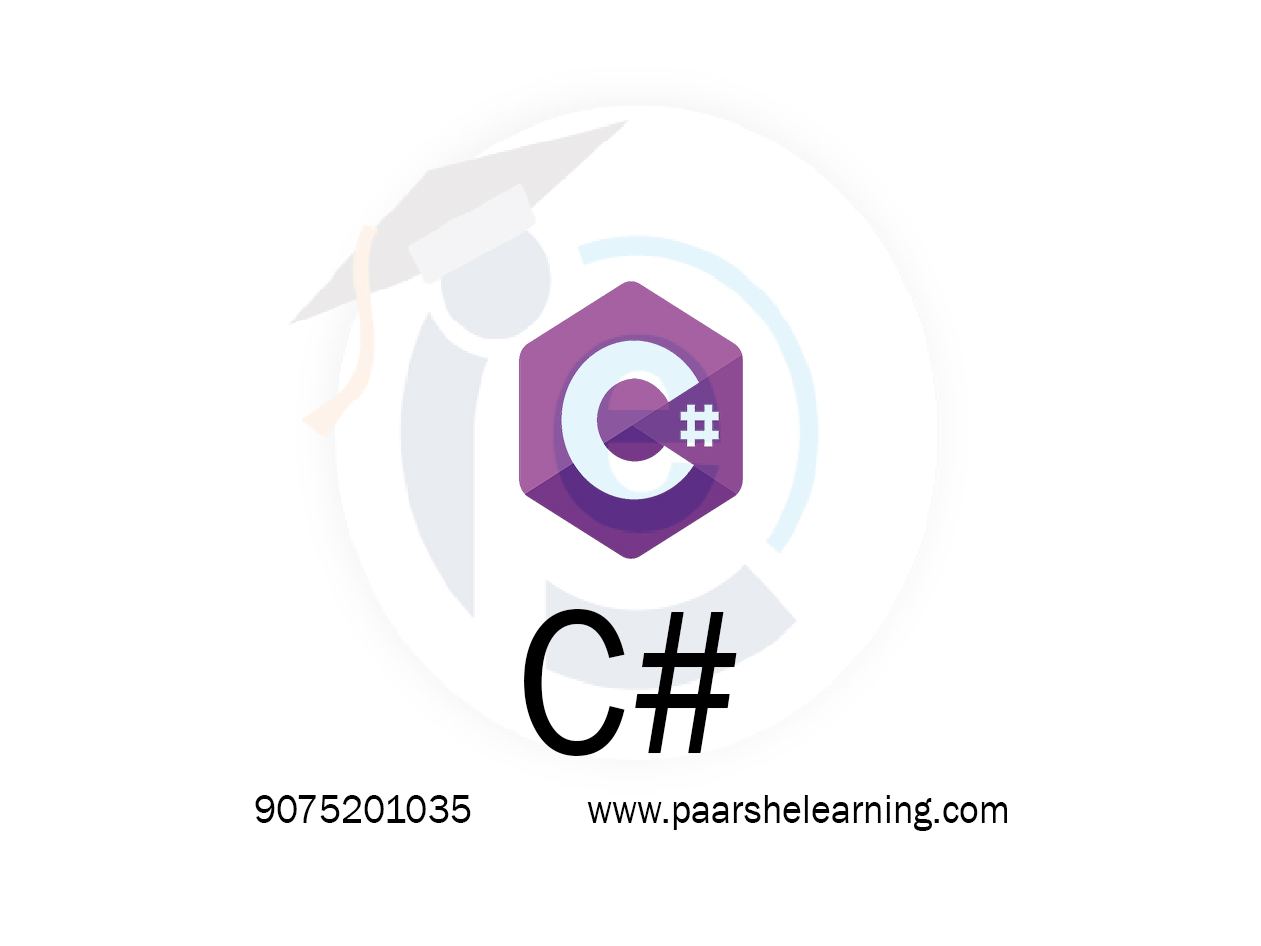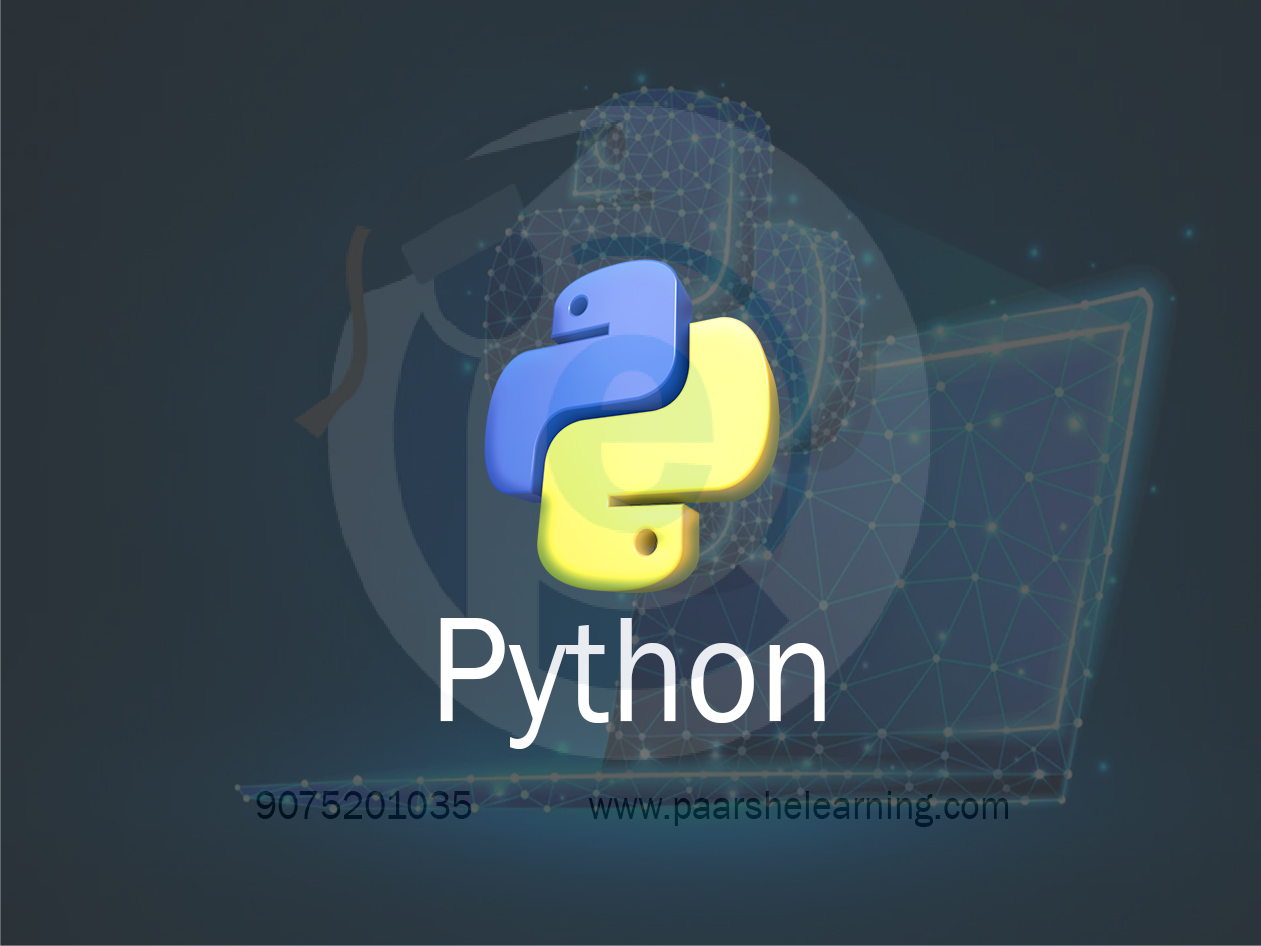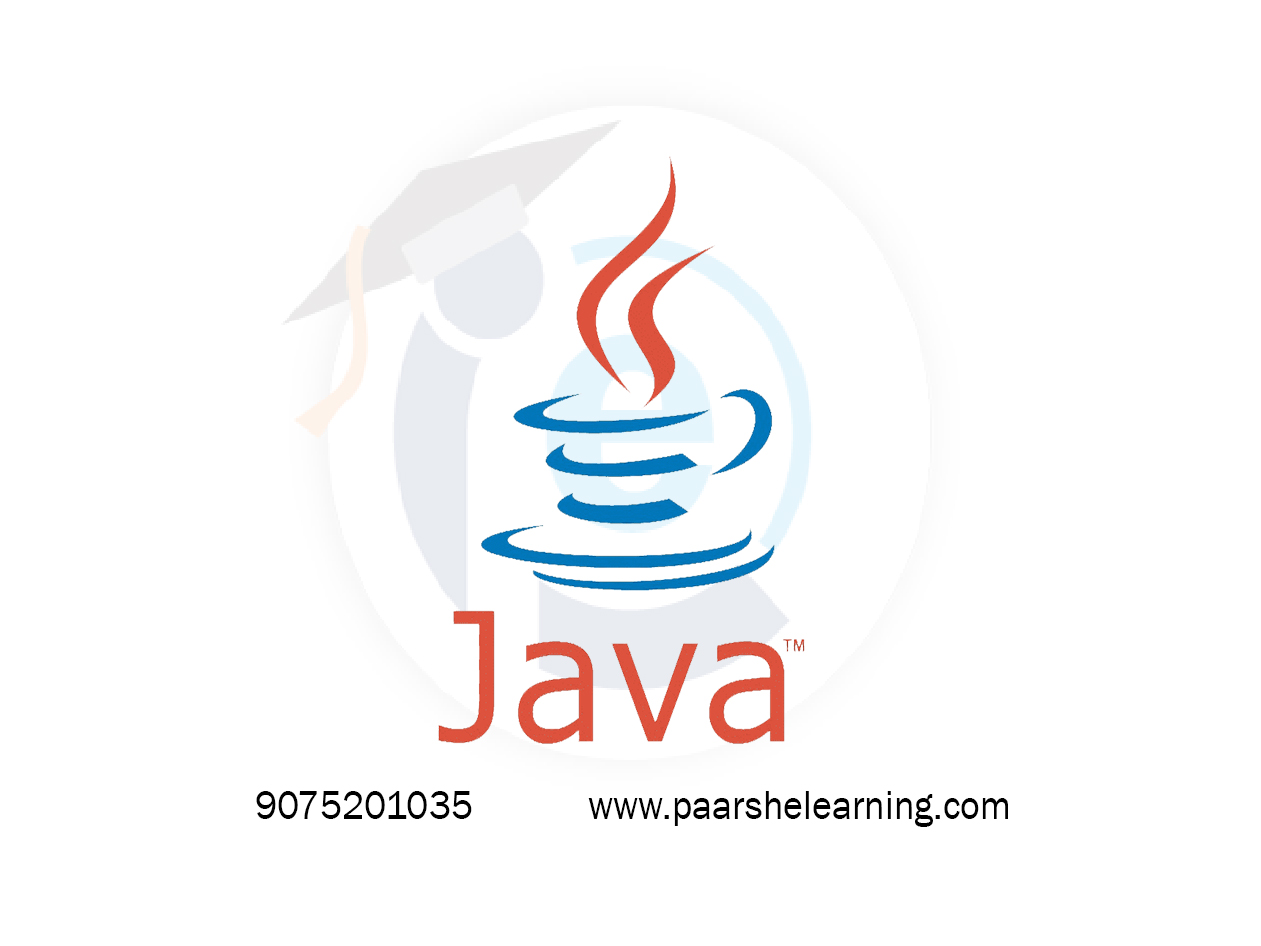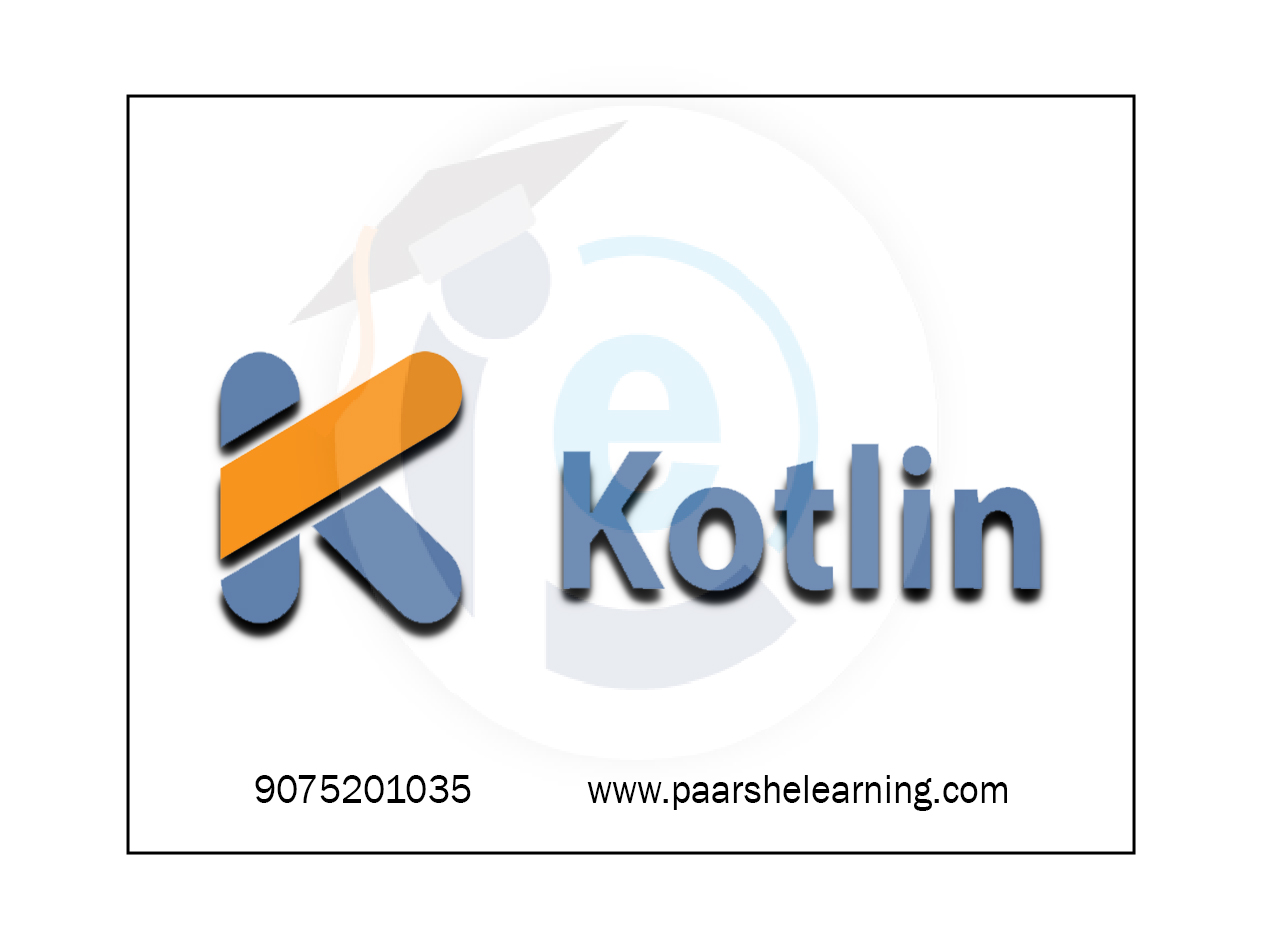- Introduction to Node.js: This may cover the basics of Node.js, including how to install it, how it works, and how to create a simple "Hello World" application.
- Building web applications with Node.js: This may cover how to build server-side applications and APIs with Node.js, using frameworks like Express.js or Hapi.js.
- Working with databases: This may cover how to work with databases like MongoDB or MySQL in Node.js, including how to create, read, update, and delete data.
- Authentication and authorization: This may cover how to implement user authentication and authorization in a Node.js application, using tools like Passport.js or JSON Web Tokens (JWT).
- Testing and debugging: This may cover how to test and debug Node.js applications, using tools like Mocha, Chai, or Node Inspector.
- Deploying and scaling Node.js applications: This may cover how to deploy and scale Node.js applications in production, using tools like PM2 or Docker.
NodeJS
Course description
Node.js is a runtime environment that allows you to run JavaScript on the server side, outside of a web browser. If you're interested in learning Node.js, here are some prerequisites that can be beneficial:
-
JavaScript Fundamentals: Node.js is built on JavaScript, so having a solid understanding of JavaScript fundamentals is essential. Learn about variables, data types, operators, control structures (loops and conditionals), functions, and objects. Familiarize yourself with concepts like scope, closures, and asynchronous programming.
-
Command Line Basics: Node.js applications are typically executed and managed through the command line interface (CLI). Gain familiarity with basic command line operations, such as navigating directories, creating files and folders, and executing commands.
-
Web Technologies: While not mandatory, having a basic understanding of web technologies such as HTML, CSS, and the HTTP protocol can be helpful. Node.js is often used to build web applications and APIs, so having some knowledge of web development concepts will be beneficial.
-
Node.js Installation: Install Node.js on your machine. You can download the Node.js installer from the official Node.js website (nodejs.org) and follow the installation instructions for your operating system.
-
Node Package Manager (NPM): NPM is the default package manager for Node.js and is used to install, manage, and update third-party packages (libraries and frameworks) for your Node.js projects. Learn how to use NPM to install packages, manage dependencies, and run scripts.
-
Asynchronous Programming: Node.js is known for its asynchronous, non-blocking nature. Gain an understanding of asynchronous programming concepts like callbacks, promises, and async/await. Learn how to handle asynchronous operations effectively in Node.js to avoid blocking the event loop.
-
Express.js (Web Framework): Express.js is a popular web framework for Node.js. It simplifies the process of building web applications and APIs. Familiarize yourself with Express.js and learn how to handle routes, middleware, and request/response handling.
-
Database Basics: Learn about working with databases in Node.js. Understand concepts such as connecting to databases, executing queries, and handling data using database-specific modules or Object-Relational Mapping (ORM) libraries like Sequelize or Mongoose.
-
RESTful APIs: Gain an understanding of REST (Representational State Transfer) principles and how to build RESTful APIs with Node.js. Learn about HTTP methods, status codes, request/response formats, and best practices for designing and implementing APIs.
-
Asynchronous Libraries and Frameworks: Explore popular Node.js libraries and frameworks that help with asynchronous programming and other common tasks. Examples include async.js, Bluebird, Socket.IO, and Axios.
-
Resources and Learning Materials: Utilize online tutorials, documentation, video courses, and books dedicated to teaching Node.js. The official Node.js website (nodejs.org) provides comprehensive documentation, including API references and guides for various aspects of Node.js development.
-
Practice and Projects: Apply your knowledge by working on hands-on coding exercises and building small Node.js projects. Building practical applications will help solidify your understanding and improve your problem-solving skills.
Node.js is widely used for building scalable web applications, real-time applications, RESTful APIs, and microservices. As you progress in your Node.js learning journey, you can explore additional topics such as testing, security, performance optimization, and deployment strategies.
What you will learn from this course?
This course includes!
- Daily Live session
- Access on Mobile and TV
- Certificate of completion
- Recommendation Letter
- Free lifetime access
- Resume building sessions
- 100% Job Placement
This course is for
- Web developers: If you are a web developer looking to build scalable and high-performance web applications, a Node.js course can be a great choice. Node.js allows developers to build server-side applications with JavaScript, making it easy to use the same language for both front-end and back-end development.
- JavaScript developers: If you are a JavaScript developer looking to expand your skillset, a Node.js course can help you learn how to build server-side applications and APIs.
- Full-stack developers: If you are a full-stack developer looking to build end-to-end applications, a Node.js course can help you learn how to build both the front-end and back-end of an application using JavaScript.
- System administrators: Node.js can also be used for building command-line tools and automation scripts, making it a great choice for system administrators looking to automate tasks and build custom tools.
- System administrators: Node.js can also be used for building command-line tools and automation scripts, making it a great choice for system administrators looking to automate tasks and build custom tools.
- Anyone interested in building scalable and high-performance applications: Node.js is designed to be fast, scalable, and efficient, making it a great choice for anyone interested in building high-performance applications.
- Overall, a Node.js course is ideal for anyone interested in learning how to build scalable and high-performance applications using JavaScript and Node.js.
Prerequisites for this course
- Knowledge of JavaScript: Since Node.js is built on top of JavaScript, a strong understanding of JavaScript fundamentals is essential. You should be comfortable with core concepts like variables, functions, loops, and objects.
- Understanding of web development: While not strictly necessary, having some familiarity with web development concepts like HTML, CSS, and HTTP can be helpful.
- Familiarity with the command line: Node.js is often used for building command-line tools and scripts, so being comfortable with the command line interface is important.
- Familiarity with a text editor: You will be writing code for Node.js applications, so having experience with a code editor like Visual Studio Code or Sublime Text can be helpful.
- Basic understanding of databases: If you are interested in building database-backed applications with Node.js, having some familiarity with databases like MySQL, PostgreSQL, or MongoDB can be helpful.
- Overall, a solid foundation in JavaScript and web development, combined with some familiarity with the command line and text editors, can help you get the most out of a Node.js course.
Nodejs Language Syllabus
-
Introduction To Node.js
Understanding the role of Node.js in server-side development Installing Node.js and npm (Node Package Manager) Writing and running your first Node.js application Introduction to asynchronous programming and the event loop
-
Working With Modules And Npm
Creating and using Node.js modules Understanding CommonJS and module.exports Exploring npm packages and package.json Installing and managing dependencies with npm
-
File System And Streams
Reading and writing files using the fs module Implementing streams for efficient data handling Understanding readable, writable, and duplex streams Creating and piping streams
-
Web Servers With Express.js
Introduction to Express.js framework Creating a basic web server with Express Implementing routing and handling HTTP requests Middleware usage for authentication, logging, etc.
-
Working With Databases
Connecting to databases using libraries like Mongoose or Sequelize Performing CRUD operations (Create, Read, Update, Delete) Handling database queries asynchronously Introduction to NoSQL databases like MongoDB
-
Restful Apis And Api Design
Understanding REST architecture and principles Creating RESTful APIs with Express.js Handling different HTTP methods (GET, POST, PUT, DELETE) Data validation and error handling in APIs
-
Authentication And Security
Implementing user authentication using Passport.js Understanding JSON Web Tokens (JWT) Handling password hashing and security best practices Securing APIs and preventing common vulnerabilities
-
Advanced Topics And Deployment
Using WebSockets for real-time communication Introduction to GraphQL and its advantages Deploying Node.js applications to hosting platforms Exploring microservices architecture with Node.js
-
Paarsh E-Learning encourags hands-on practice, assignments, and projects throughout the course to reinforce students' understanding of Node.js concepts. Assign projects that gradually increase in complexity to challenge their skills. Cover both theoretical concepts and practical coding exercises to provide a well-rounded learning experience.
